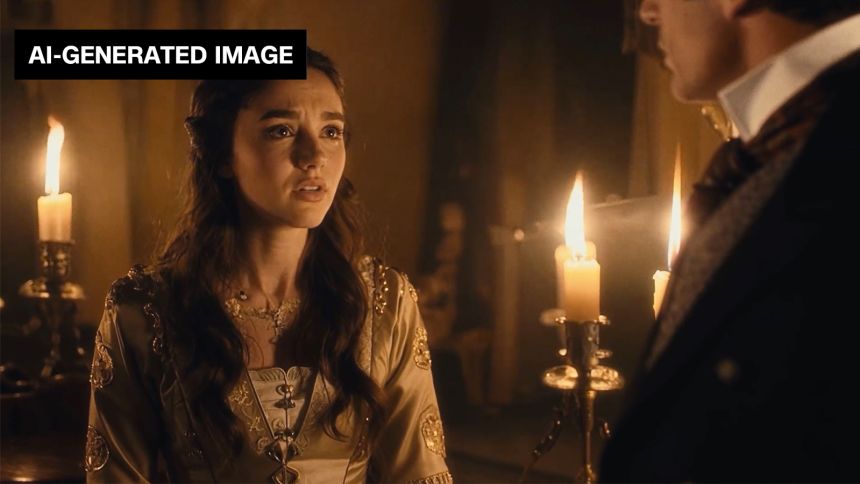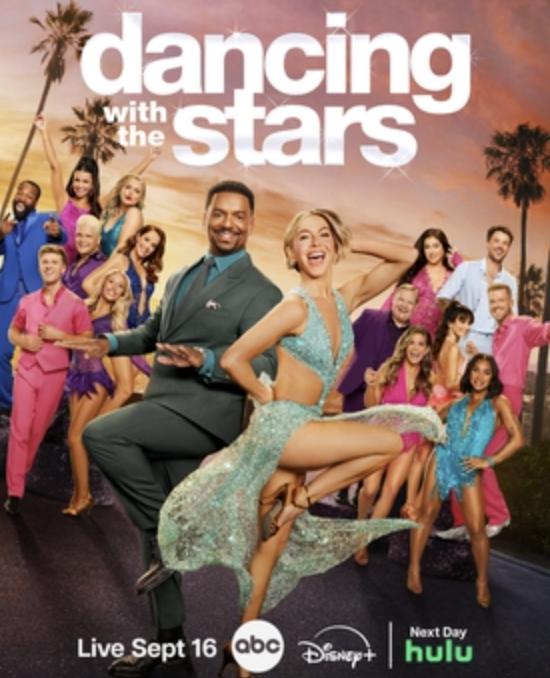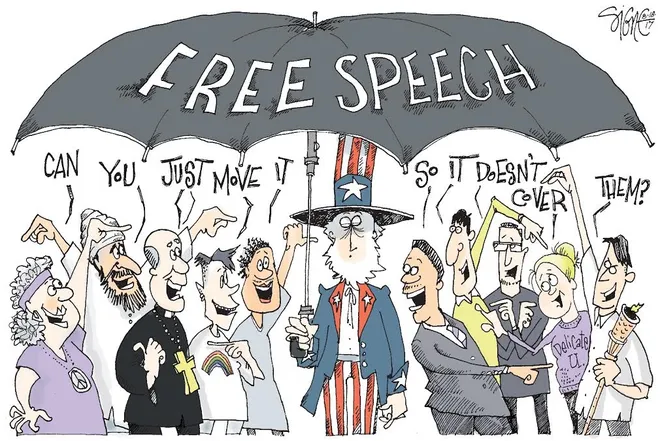March 15, 2024/Midnight
While scrolling through every job-searching platform, all job descriptions share the same ideal quality: leadership.
The relentless emphasis on leadership has reached a point where it permeates every corner of existing culture. Across multiple job descriptions and college admissions, leadership appears as an overwhelmingly repetitive keyword.
Many of us find ourselves captivated by the idea of a great leader. There is a striking allure to being a leader: their charisma, their strategic mindset, or simply the mysterious aura spinning around their head as they effortlessly solve everything. Or at least, that is what makes ‘leadership’ a selling point.
This fever is not only reflected in the market but has, in some ways, been fetishized. Across the aisles, it is easy to find thousands of book titles claiming to help readers ‘explore their leadership potential’ or how many movies have been produced to tell the fantasized story of a great leader. Some could spend hours consuming leadership theories, reading countless books and articles on the subject, or feeling pressured by a boss determined to shape their employees into ideal leaders (until the employees start to threaten his position).
However, the fetishization of leadership seems to gloss over the protagonist while tending to ignore the context. Perhaps it is hard to imagine the great contribution of Abraham Lincoln without the context of the Civil War. Similarly, a hero is nothing without a crisis. For this reason, a melancholy uncertainty can cling to even the most inspiring stories of leadership. The danger of the leadership obsession lies in its potential to simplify and romanticize crises and their narratives. This yields a possibility for idolization, making us more vulnerable to demagogues and false prophets.
Additionally, there is something undemocratic nestled under the aura of this constant obsession. The limelight always focuses on the leader but rarely touches on the contribution of ‘minor’ individuals (or those so-called ‘followers’). Several challenges in modern society are simply too complex to rely solely on the exercise of leadership. Employers cannot run a business without the contribution of their employees, and there would be no president without voters.
When we’re blinded by the romantic aura of leadership, we tend to worship leaders as epitomes of authenticity and authority. But there are times when we long for leaders who are capable of self-reflection, individuals who can resist the allure of their own charisma and question the narratives with which they’ve been rewarded.
While maintaining a sense of perspective may be considered one of the most crucial attributes of leadership, it may not always be a quality we eagerly seek in our leaders.
Ironically, the enduring obsession with leadership is so resilient that it could withstand the growing public dissatisfaction toward their leaders.
Sometimes, I just wonder how many leaders our society can handle.






